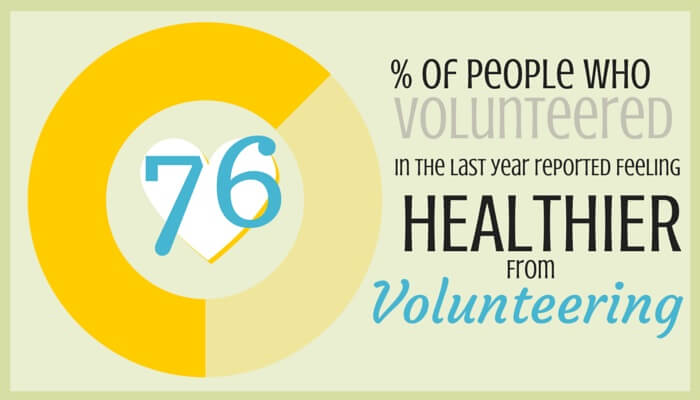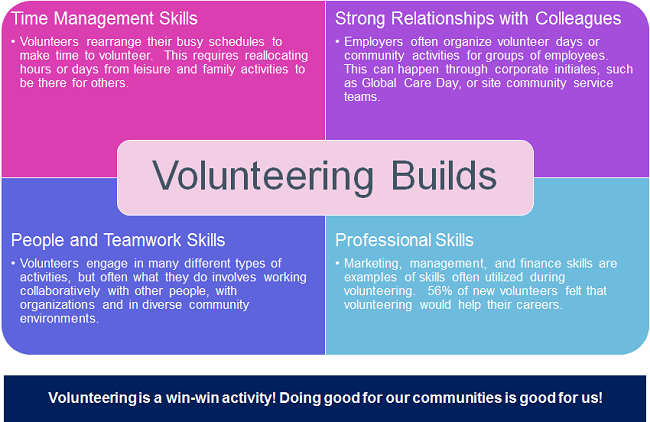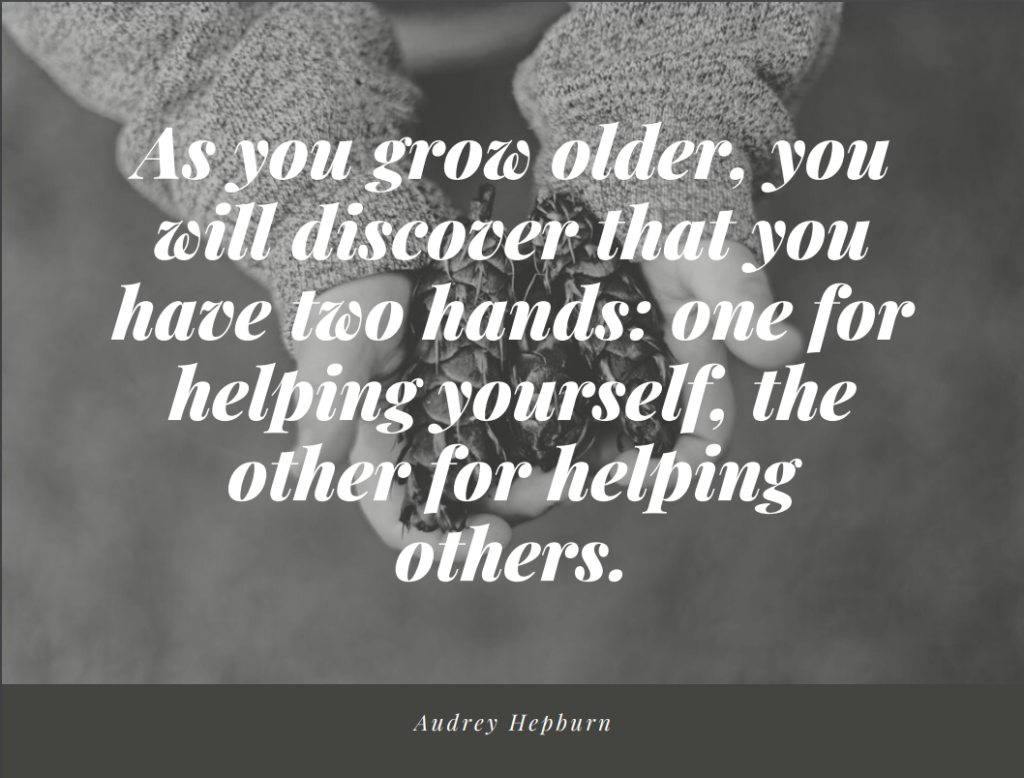From Giving to Gaining: Exploring the Benefits of Volunteering on Well-being
In a world
that often feels disconnected and fast-paced, I found solace and a sense of
belonging in the most unexpected place – my local community activity centre,
Fei Yue. As I stepped through those doors for the first time, little did I know
that I was about to embark on a volunteering journey that would transform not only the lives
of others but also my own.
One of the most remarkable aspects of volunteering has been the profound sense of connection I have experienced. In a society that often prioritizes individual pursuits, coming together with like-minded individuals to support a common cause has proven to be a powerful antidote to isolation. As I witness the joy on the faces of those we serve, as I listen to their stories and lend a helping hand, I find my own heart opening and my spirit soaring. It's in those moments that I realize the immense power of empathy and compassion. I receive a gift far greater – a renewed sense of purpose, a deepened sense of gratitude, and a profound appreciation for the beauty of the human spirit.
Engaging in volunteer work can have numerous positive effects on an individual's well-being, both mentally and emotionally. It not only benefits the recipients of the volunteer's efforts but also brings about personal satisfaction and a sense of fulfillment to the volunteer themselves.
I have researched and found some key benefits of volunteering on well-being:
Increased Social Connections: Volunteering provides an opportunity to meet new people, expand social networks, and develop meaningful relationships. Regular social interactions and a sense of belonging have been linked to improved mental health and overall well-being. A meta-analysis by Holt-Lunstad et al. (2010) found that social connections are associated with a 50% increased likelihood of survival, suggesting that social integration plays a significant role in overall well-being.
Enhanced Emotional Well-being: Engaging in acts of kindness and contributing to the welfare of others has been shown to boost happiness levels and increase positive emotions. A study by Aknin et al. (2013) revealed that individuals who engage in prosocial spending, such as volunteering, experience greater happiness. Volunteering can also help reduce stress, anxiety, and symptoms of depression by providing a sense of purpose and accomplishment. A systematic review by Jenkinson et al. (2013) found that volunteering is associated with reduced symptoms of depression, improved life satisfaction, and increased self-esteem.
A study conducted by Post et al. (2019) followed a group of individuals with anxiety disorders who engaged in a volunteer program. The participants reported a decrease in anxiety symptoms, improved self-esteem, and a greater sense of purpose as a result of their volunteer work.
Improved
Physical Health: Volunteering often involves physical activity, such as participating
in community events, working in gardens, or assisting in physical tasks.
Regular physical engagement can promote better overall health, increased energy
levels, and a lower risk of certain health conditions. A longitudinal study by Poulin et al. (2014)
found that individuals who volunteered regularly had lower mortality rates and
a reduced risk of developing physical limitations compared to non-volunteers.
Skill Development and Personal Growth: Volunteering offers opportunities to develop new skills, gain valuable work experience, and explore personal interests. It can contribute to personal growth, self-confidence, and a sense of achievement, all of which positively impact well-being. A study by Wilson et al. (2010) identified various skills that volunteers develop, including teamwork, communication, problem-solving, and leadership, leading to personal growth and increased self-efficacy.
Sarah, my niece, a recent graduate from NTU, volunteers as a mentor for underprivileged youth. Through this experience, she develops leadership skills, learns effective communication techniques, and gains confidence in her abilities. These skills and personal growth contribute to her overall well-being and enhance her employability. She has since been employed with Google as a product designer.
Sense of
Purpose and Meaning: Volunteering allows individuals to contribute to causes
they care about, creating a sense of purpose and meaning in their lives. This
sense of purpose has been associated with increased life satisfaction and a
higher sense of well-being. A study by Okun et al. (2007) revealed that older
adults who volunteered reported greater life satisfaction, purpose in life, and
psychological well-being compared to non-volunteers.
Perspective and Empathy: Volunteering exposes individuals to diverse communities, cultures, and experiences. This exposure can broaden perspectives, cultivate empathy, and foster a greater understanding of others, leading to increased compassion and overall well-being. For example, Johnson et al. (2017) found that volunteering led to increased empathy and prosocial behavior among university students, fostering positive well-being and social connectedness.
In a study by Lown et al. (2018), college students participated in a volunteer program that involved assisting individuals with disabilities. Through this experience, the students developed empathy, gained a better understanding of the challenges faced by others, and reported increased compassion and well-being.
Longevity
and Health Benefits: Studies have suggested a link between volunteering and
improved longevity and decreased risk of developing chronic health conditions. Oman
et al (2013) found that engaging in volunteer work has been associated with a 22%
reduction in mortality rate. In another longitudinal study related to chronic conditions
in adults, Lum and Lightfoot (2005) found that volunteering is linked to a
decreased risk of developing hypertension among older adults.
Career
Advantages: Volunteering can provide valuable networking opportunities, help
build professional relationships, and enhance your resume. A study by Wilson
(2012) highlighted that volunteering can enhance employability and lead to
career advancement by providing opportunities for skill development and
networking. It demonstrates your commitment, initiative, and the ability to
work well in a team, which can be beneficial for career advancement.
Emily, a business
graduate from SMU, volunteers at the Singapore Cancer Society. Through her
volunteer work, she gains practical experience, expands her professional
network, and receives positive recommendations from her supervisors. This
ultimately helps her secure a paid job as e-commerce executive with Shopee.
To sum up, by engaging
in volunteer work, not only do we contribute to the betterment of our
communities and the lives of others, but we also experience personal
fulfillment, happiness, and a sense of belonging. The academic research literature
strongly supports the positive effects of volunteering on well-being, providing
empirical evidence for the benefits discussed. Whether it's dedicating a few
hours a week to a cause we are passionate about or participating in community
events, the act of volunteering has the potential to bring about profound
changes in our lives.
Volunteering
has reminded me of the importance of stepping outside our comfort zones, of
embracing the unknown, and of offering our time and skills to those who need it
most. It is in these acts of selflessness that we uncover our own hidden
reservoirs of strength and resilience. We discover that we are part of
something much bigger than ourselves, and in doing so, we find a sense of
meaning and fulfillment that transcends the ordinary.
So, let's embrace the power of volunteering and take a step towards a happier, healthier, and more meaningful life. Whether big or small, every act of volunteerism contributes to the well-being of both the giver and the receiver. Together, we can create a world where compassion, connection, and positive change thrive, leaving a lasting legacy for generations to come.















Comments
Post a Comment